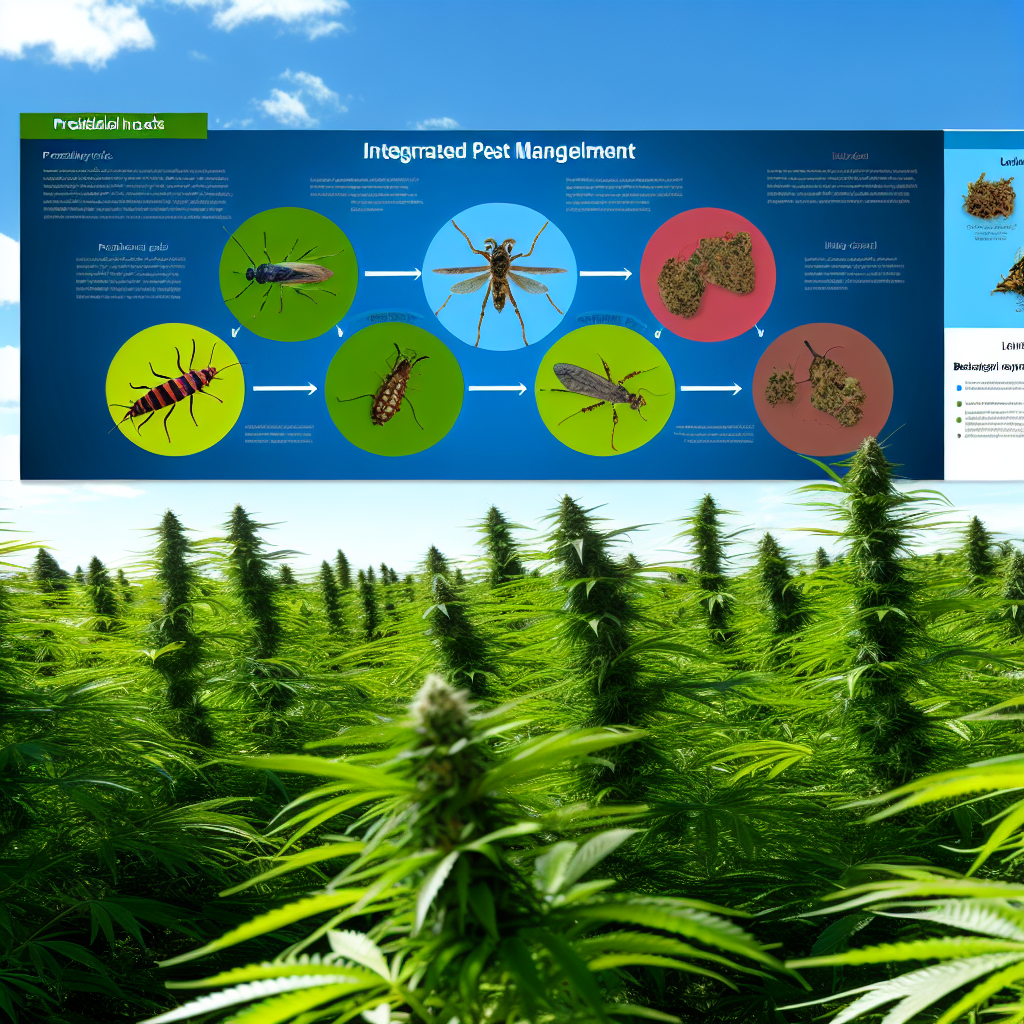Interstate Cannabis Transport: Legal Boundaries and Federal Risk Assessment
The legal, economic, and logistical complexity of transporting cannabis across state lines is a major hurdle for one of the fastest-growing industries in the United States. As cannabis legalization spreads, the challenge of aligning state and federal laws becomes more urgent—especially in matters of interstate commerce. This article explores the current legal landscape, the risks for cannabis transport, and what the future holds for interstate marijuana logistics.
A Conflicted Landscape: State Legality vs. Federal Law
The U.S. cannabis industry is evolving rapidly. Today, 38 states have legalized medical cannabis, and 24 states (plus D.C.) allow adult recreational use. However, cannabis remains a Schedule I controlled substance under federal law, creating a direct conflict under the Supremacy Clause of the U.S. Constitution.
Even transporting cannabis between two legal states—like Oregon and California—violates federal law and qualifies as drug trafficking under the U.S. Department of Justice (DOJ). This contradiction places cannabis businesses in a legal gray zone, where federal jurisdiction overrides state-specified legality the moment cannabis crosses state lines.
Why Interstate Transport Matters to Cannabis Businesses
Beyond legality, the issue of interstate cannabis transport is grounded in economic and operational efficiency. With each state operating its own isolated and self-contained cannabis economy, businesses face duplicated infrastructure costs, inflated prices, and restricted specialization.
A report by the Brookings Institution highlights that bans on interstate trade:
– Increase compliance costs,
– Block economies of scale,
– And maintain inefficient, unbalanced markets.
For instance, growers in Oregon struggle with surplus product they cannot legally export, while states like New York face limited supply and high product costs—despite both having legalized cannabis markets.
Medical Cannabis Transport: A Special Challenge
The stakes are even higher in medical cannabis transport. Unlike general products, medical marijuana may contain advanced formulations designed to treat conditions like epilepsy or chronic pain.
Yet, aside from the FDA-approved Epidiolex, most cannabis-derived drugs are not federally recognized. This lack of federal oversight makes it nearly impossible to regulate or support cross-border medical cannabis usage, leaving patients vulnerable—especially those relocating or traveling across state lines.
States offer varying protections, and interstate medical cannabis transport often hinges on caregiver provisions and local statutes, creating inconsistency and legal jeopardy.
Legal Loopholes and the Dormant Commerce Clause Debate
Some legal experts argue that restrictions on interstate cannabis commerce may already be unconstitutional. The Dormant Commerce Clause prohibits states from creating laws that unfairly restrict trade between them.
A 2022 Columbia Journal article suggests that ongoing bans on out-of-state cannabis trade may not withstand constitutional scrutiny in the absence of federal legalization. This interpretation lays essential groundwork for future legal challenges and frameworks post-prohibition.
Legislative Momentum: Are State Compacts the Future?
Examples like Oregon’s SB 582 and California’s SB 1326 signal that states are preparing for potential interstate cannabis commerce. These laws enable states to form compacts—agreements to allow trade between markets—once permitted by federal policy.
Although symbolic for now, these legislative efforts aim to position states favorably if and when federal law shifts. They also indicate a growing will to find workarounds to federal inaction by building future-ready legal infrastructures.
Navigating Risk: What Cannabis Transport Professionals Need to Know
For logistics companies, cultivators, and dispensaries, transporting cannabis—even legally within state borders—requires rigorous planning and compliance:
– Evaluate each state’s laws carefully
– Avoid crossing federal highways or interstates unless legally vetted
– Ensure proper insurance that covers cannabis cargo
– Use “seed-to-sale” tracking technology with support from AI and blockchain
– Maintain close consultation with legal experts familiar with cannabis law and transport regulations
Companies today are increasingly integrating legal risk assessments into their standard business operations to mitigate potential exposure, including criminal charges, asset forfeiture, and license suspension.
Conclusion: Preparing for a Federally Regulated Future
Interstate cannabis transport is no longer just a hypothetical scenario—the groundwork is in development, and the business demand is undeniable. For now, cannabis businesses must prioritize compliance, strategy, and caution. But the pressure for unified reform is building.
Until federal law catches up to the growing cannabis economy, professionals and policymakers will need to innovate within the constraints—preparing now for a future cannabis market that operates across state lines legally, safely, and profitably.
Concise Summary:
The legal, economic, and logistical complexity of transporting cannabis across state lines is a major hurdle for the fast-growing U.S. cannabis industry. This article explores the current legal landscape, the risks for cannabis transport, and what the future holds for interstate marijuana logistics, including the potential for state compacts and preparing for a federally regulated future.
References:
1. Brookings Institution: The Case for Interstate Marijuana Commerce
2. U.S. Department of Justice, Controlled Substances Act
3. Columbia Journal of Law & Social Problems – Cannabis Commerce
4. Oregon Legislature SB 582
5. California SB 1326 Bill Text
6. FDA Approves Epidiolex
7. American Cannabis Company – Risk Strategies




